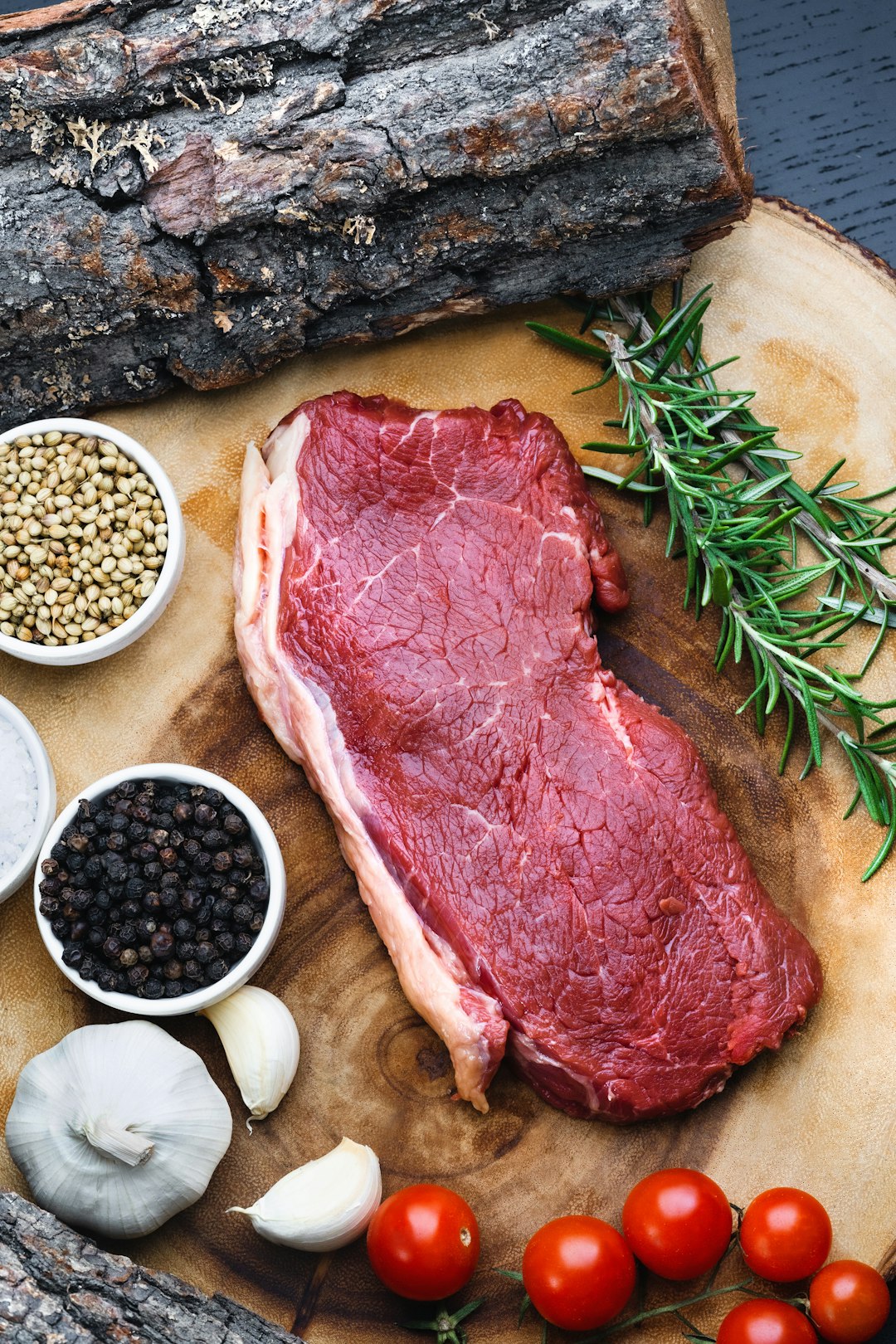Taiwan Faces US Trade Scrutiny: Beef, Cars, and Copyright Concerns
US Trade Representative Report Highlights Barriers, Signaling Potential for Tariffs.

Taipei, April 1 – Taiwan finds itself once again under the microscope of the United States' trade policy, as the latest U.S. report on foreign trade barriers places the island nation on its list of concerns. The report, released by the Office of the United States Trade Representative (USTR), comes just days before President Donald Trump is expected to announce reciprocal tariffs.
The section dedicated to Taiwan mirrors much of the 2024 version, spotlighting persistent issues that could impact trade relations. Key concerns include barriers to imports of meat, specifically beef and beef byproducts, as well as restrictions on automobiles, and ongoing issues related to copyright infringement.
The timing of the report, coupled with a USTR statement underscoring President Trump's "America First" trade policy and his 2025 trade policy agenda, suggests added pressure on Taiwan. The USTR indicated that these findings are central to the administration's trade strategy.
While not yet officially confirmed, Taiwan is anticipated to be among the primary targets of forthcoming U.S. reciprocal tariffs. These tariffs, referred to as the "dirty 15" by U.S. Treasury Secretary Scott Bessent, are expected to be a significant point of discussion.
Other nations potentially facing similar trade measures include Japan, the European Union, and China.
The report, submitted to President Trump and the U.S. Congress, details ongoing concerns. Despite the 2009 protocol that reopened Taiwan's market to U.S. beef, barriers persist. Taiwan detected a case of bovine spongiform encephalopathy (BSE) in 2003, leading to a ban on U.S. beef, which was later lifted.
The USTR report highlights that some U.S. beef offal products, despite being permitted under the protocol, are still subjected to what the report describes as "onerous" and "not science-based" port-of-entry inspections in Taiwan.
Additionally, the report challenges Taiwan's labeling requirements and the maximum residue limits for ractopamine, a feed additive used in U.S. pork, suggesting that these measures "inaccurately implied that there is a food safety concern with U.S. pork products."
The U.S. also voiced its dissatisfaction with Taiwan's restrictions on imported U.S. vehicles that meet U.S. Federal Motor Vehicle Safety Standards.
The report asserts that these standards provide a level of safety equivalent to that of the United Nations Economic Commission for Europe's (UNECE) 1958 agreement, which Taiwan has adopted.
According to the report, Taiwan's Ministry of Transportation first introduced a cap on such imports in 2008, reducing it to 100 units per model in 2021, and further cutting it to 75 units per model in 2023. The USTR suggests that these reductions could hinder U.S. automakers from introducing new models, potentially limiting consumer choice.
The report also addressed the persistent issue of online piracy, particularly unauthorized access to textbooks and copyrighted materials through digital platforms on campuses.
Despite Taiwan's attempts to amend its Copyright Act, the USTR pointed to legal loopholes, slow progress on pending amendments, and their implementation, including those submitted to the Legislature in October 2017.
Premier Cho Jung-tai, responding to the potential tariff plan, stated that the Taiwanese government was prepared, the risks could be managed, and support would be provided to affected sectors.
Other Versions
Taiwán se enfrenta al escrutinio comercial de EE.UU: Carne de vacuno, automóviles y derechos de autor
Taïwan fait l'objet d'une surveillance commerciale de la part des États-Unis : Bœuf, voitures et droits d'auteur
Taiwan Menghadapi Pengawasan Perdagangan AS: Daging Sapi, Mobil, dan Masalah Hak Cipta
Taiwan è sottoposta a un controllo commerciale da parte degli Stati Uniti: Manzo, auto e problemi di copyright
台湾、米国の貿易精査に直面:牛肉、自動車、著作権問題
대만, 미국의 무역 조사에 직면하다: 소고기, 자동차, 저작권 문제
Hinarap ng Taiwan ang Pagsusuri sa Kalakalan ng US: Mga Isyu sa Baka, Sasakyan, at Copyright
Тайвань сталкивается с торговым контролем США: Говядина, автомобили и авторские права
ไต้หวันเผชิญการตรวจสอบการค้าจากสหรัฐฯ: เนื้อวัว, รถยนต์, และข้อกังวลเรื่องลิขสิทธิ์
Đài Loan đối mặt với sự giám sát thương mại của Mỹ: Thịt bò, ô tô và các vấn đề bản quyền
